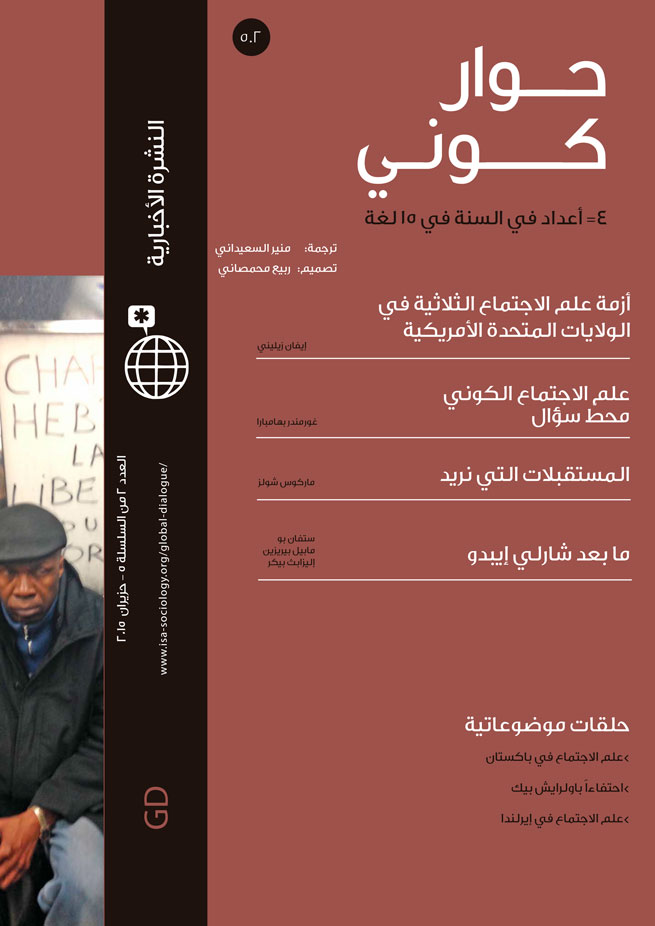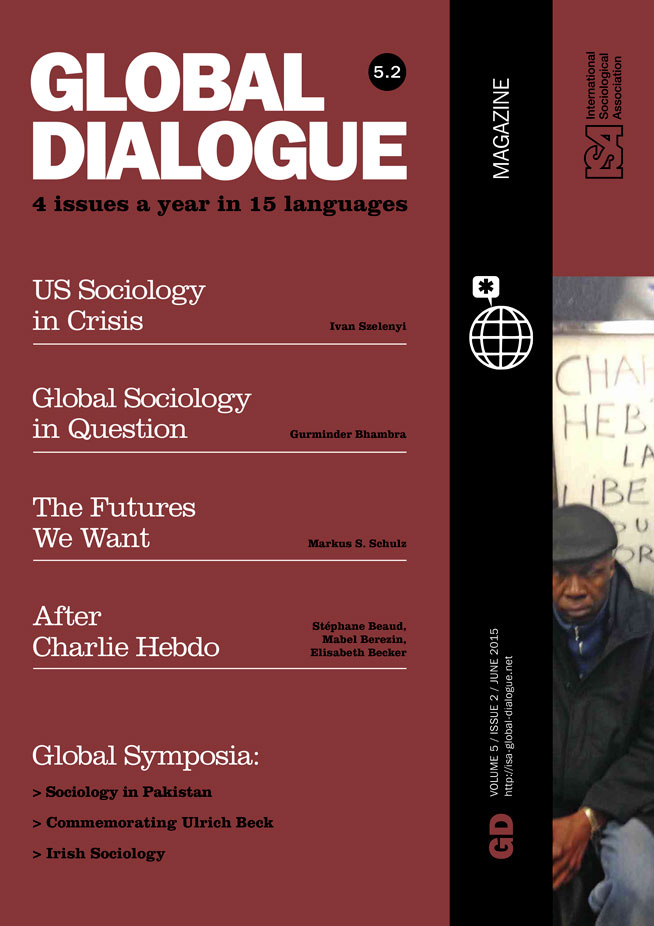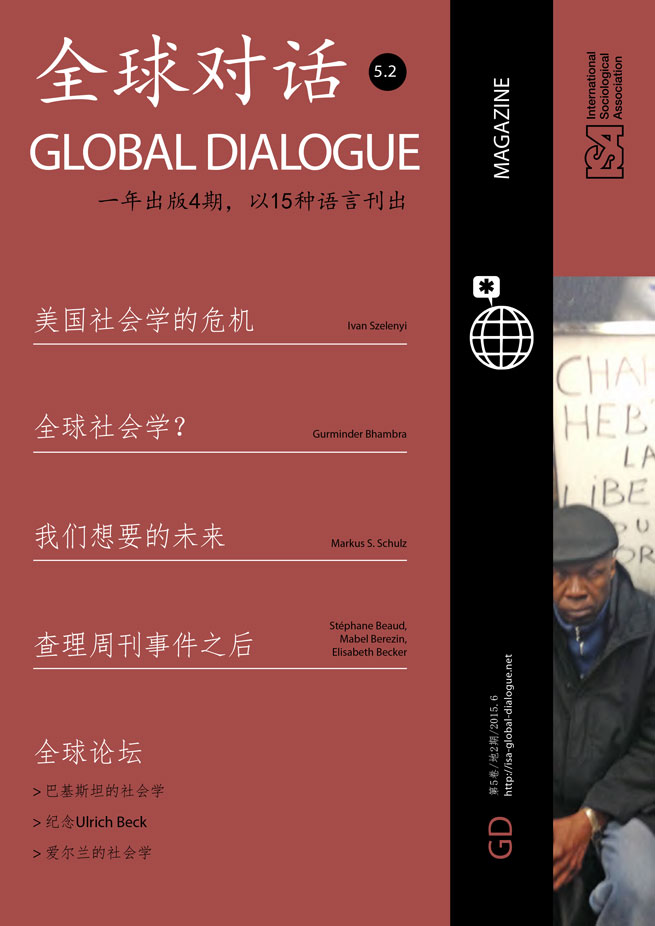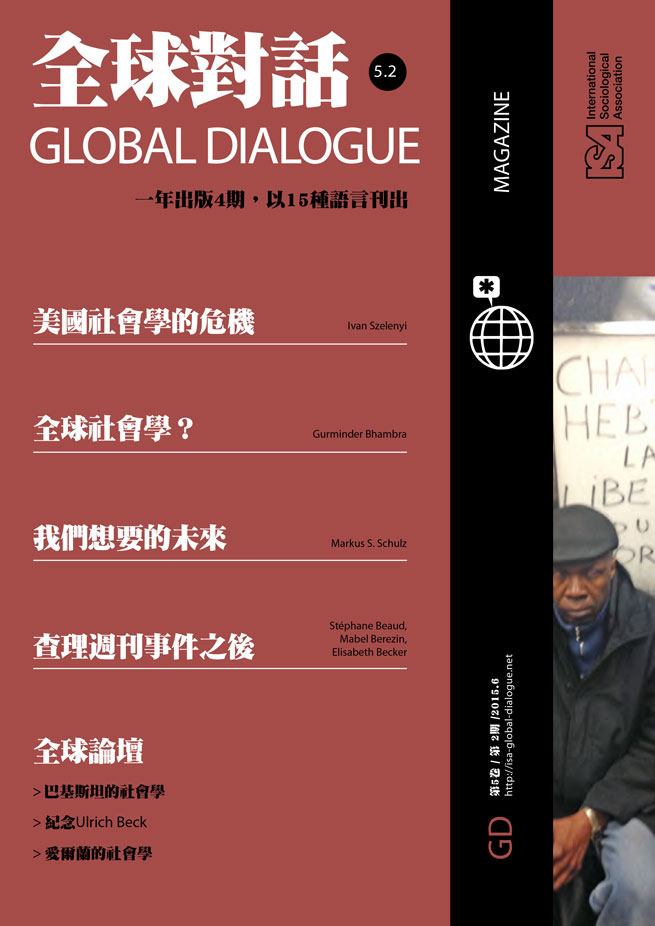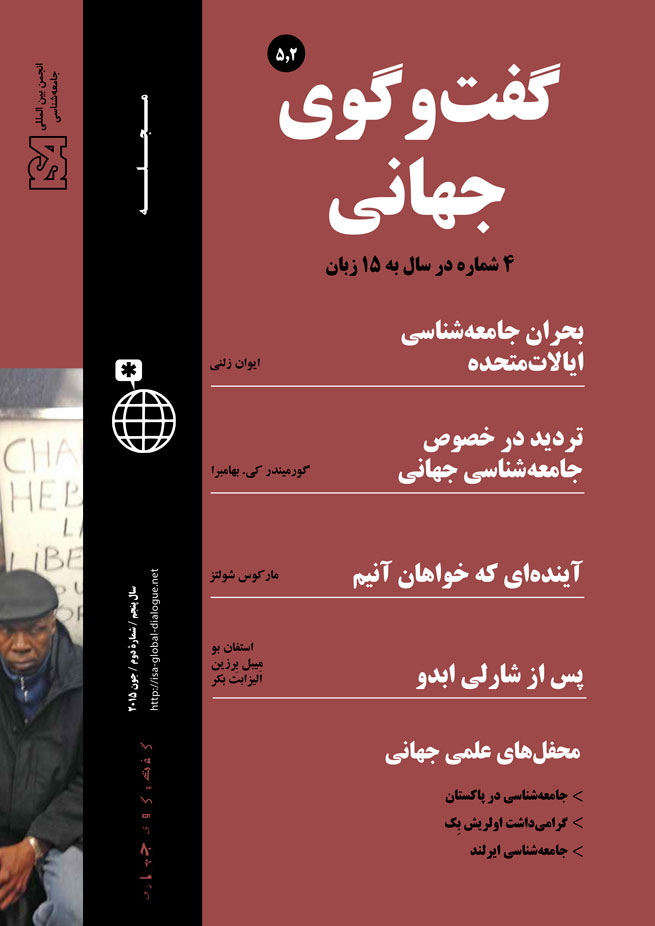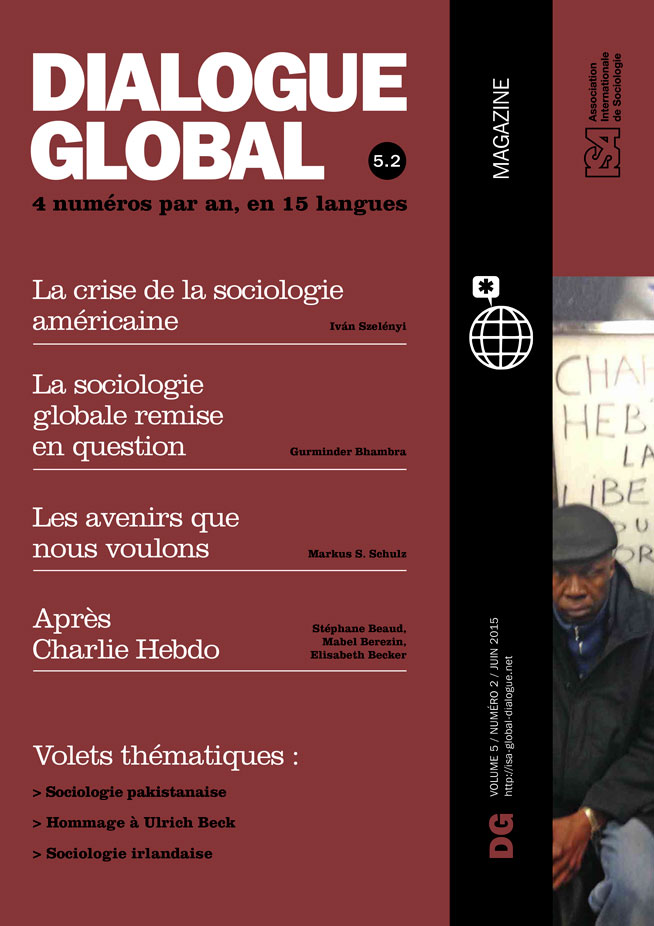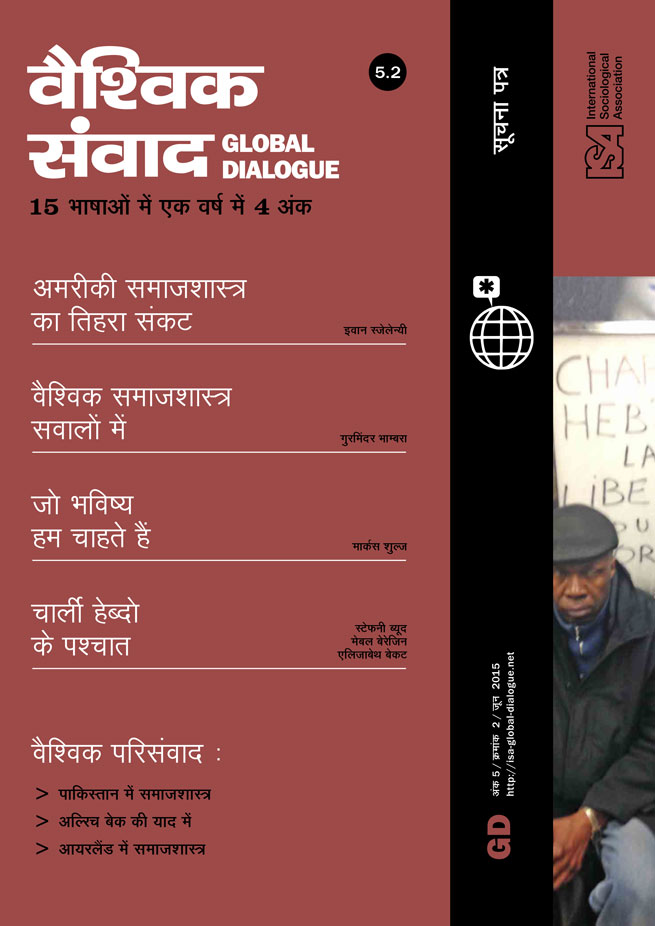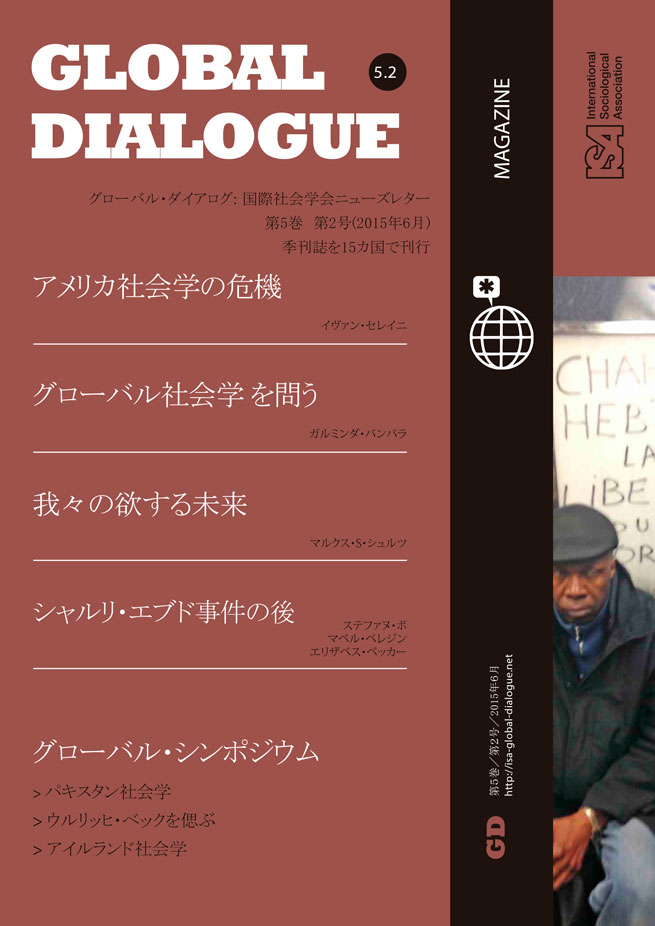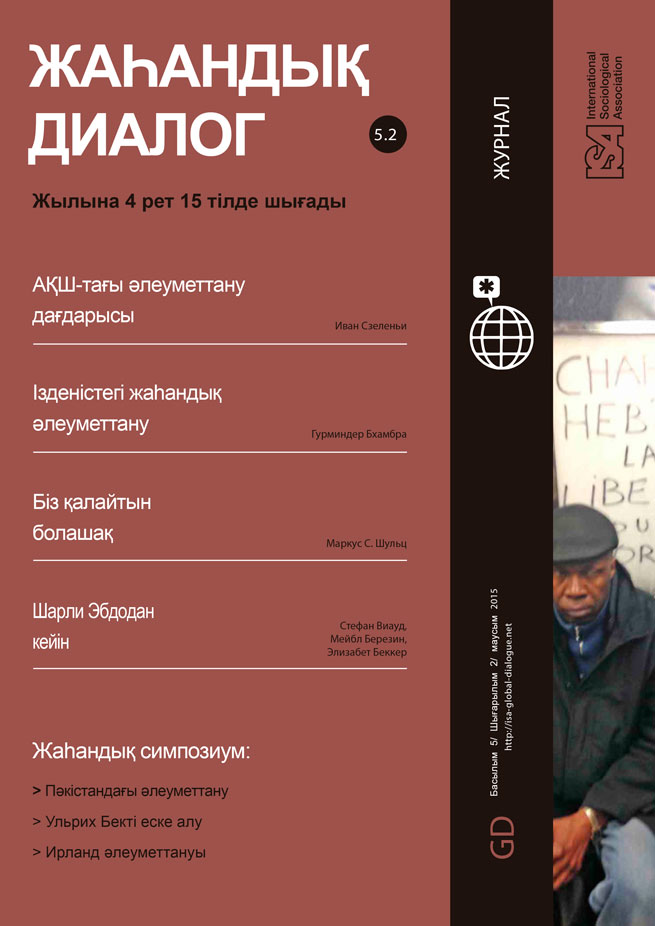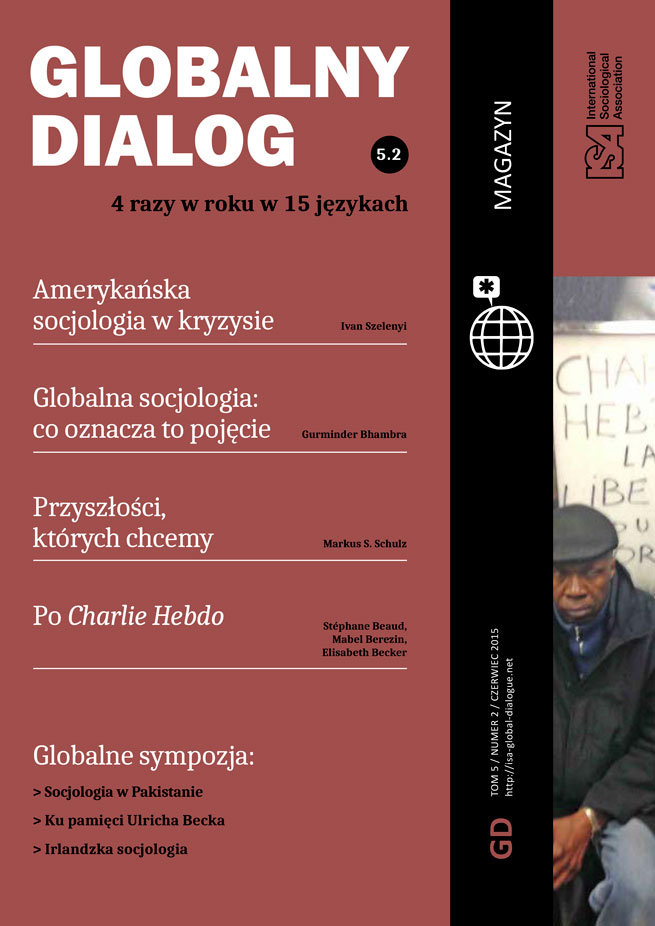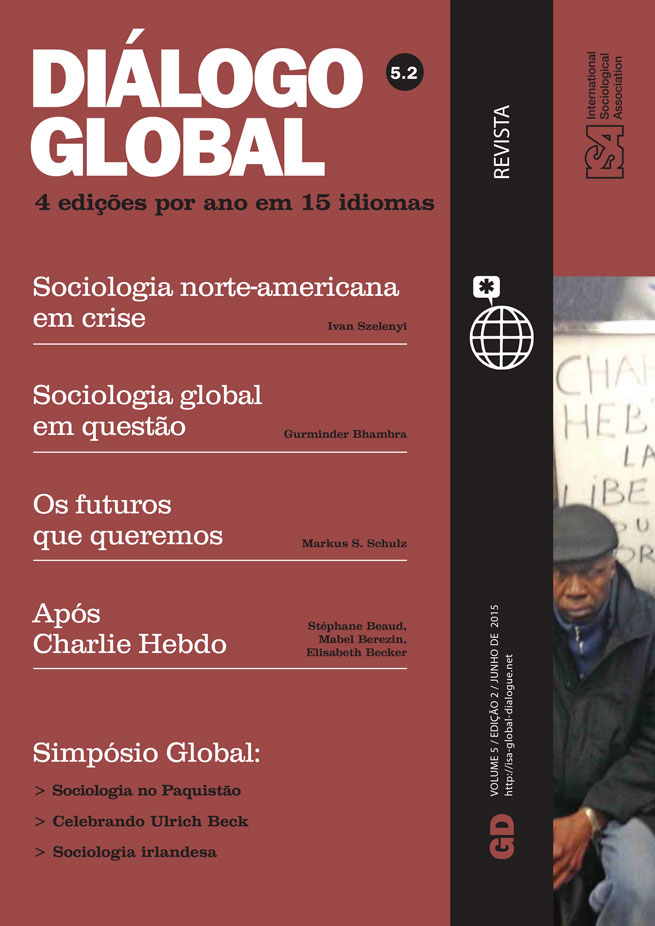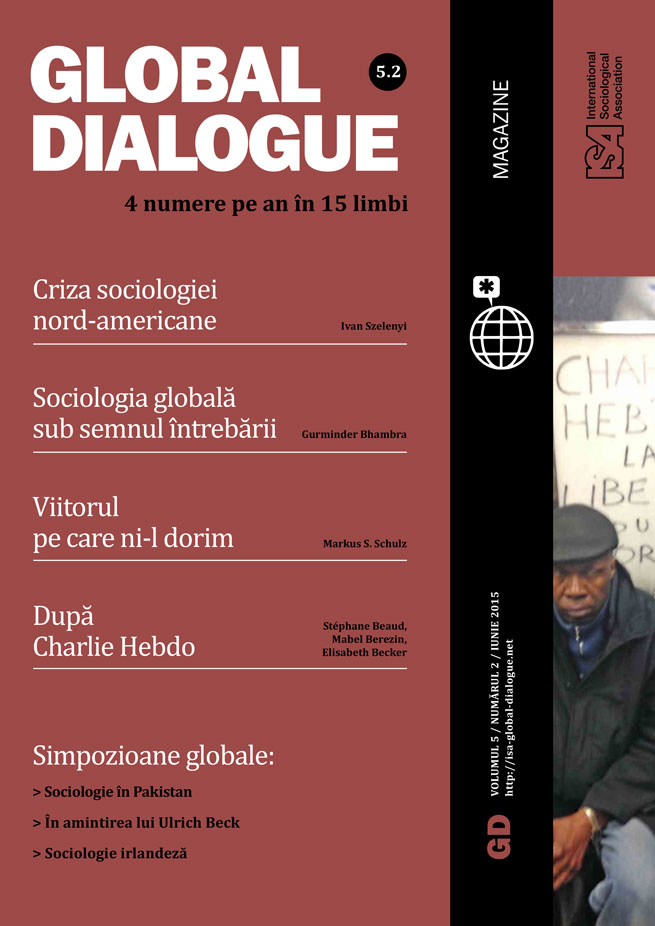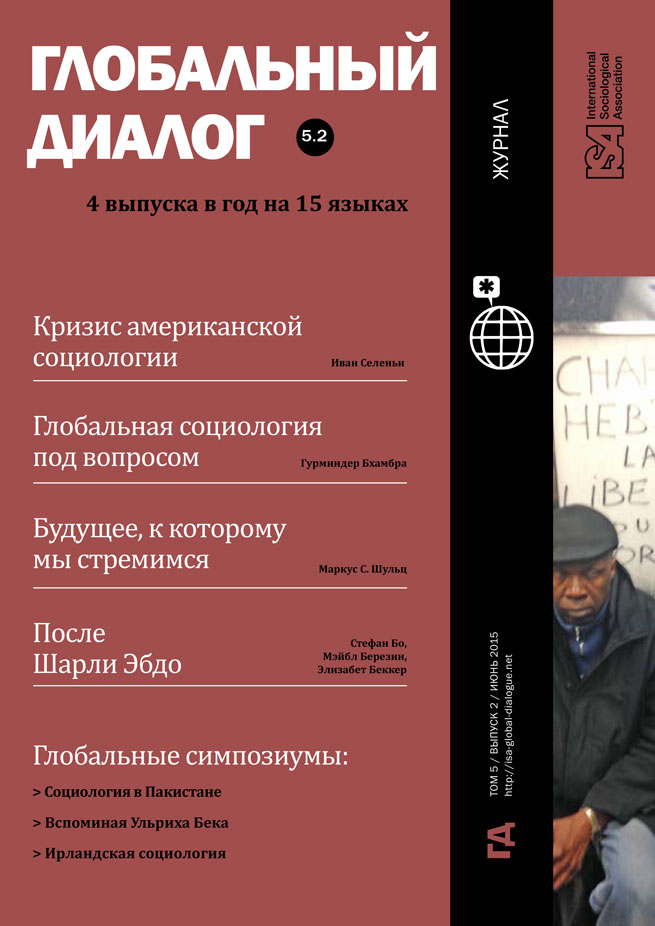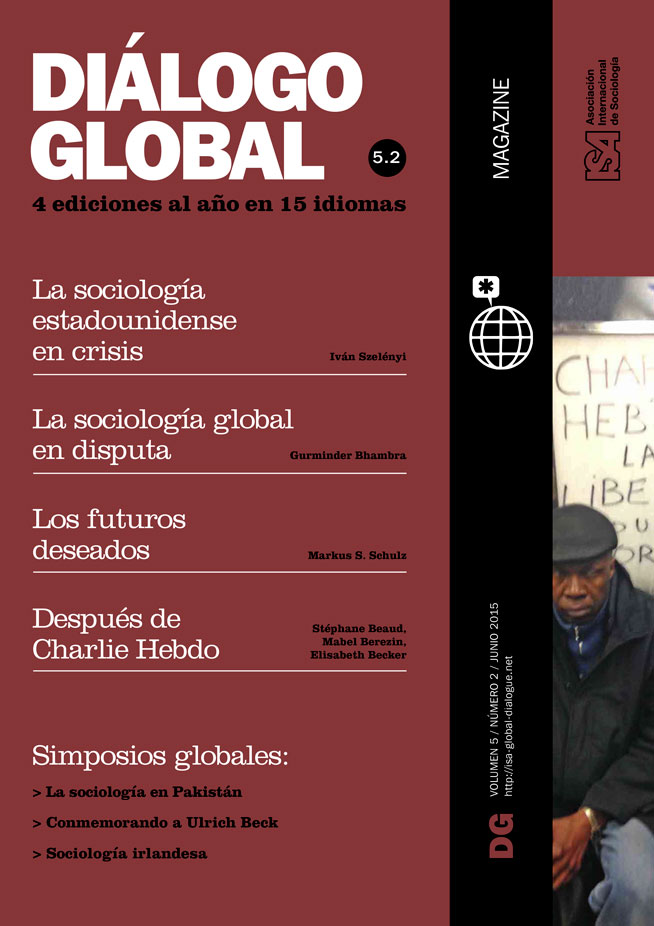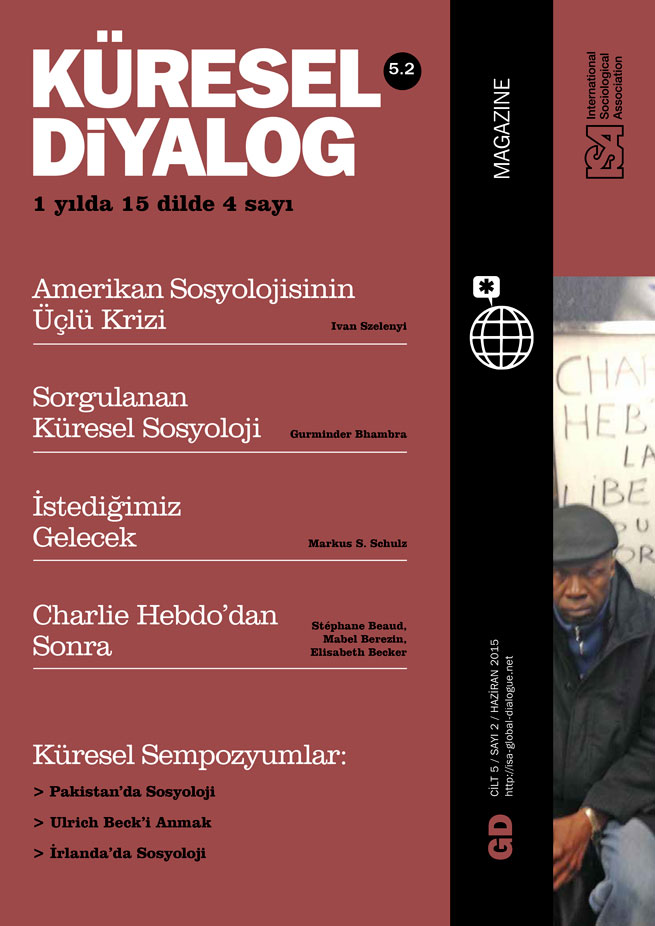Read more about Sociology in Pakistan
Prospects for Sociology in Pakistan
by Hassan Javid
April 30, 2015
Sociology in Pakistan is hardly an established discipline in the western sense. Hamza Alavi, whose key works were published in the 1960s and 1970s, was our first and only internationally-recognized sociologist. Since Alavi, no serious sociological work has come out of, or been written about, Pakistan. There have been important contributions by historians, political scientists, and anthropologists, and a recent deluge of books on Islamic militancy and its links with the Pakistani military and geopolitics. But theoretical and self-consciously sociological perspectives are missing, and Pakistan lacks local sociological associations or journals.
Pakistan’s only “actually existing” sociology, today, includes a total of five sociologists (three trained in the US, two in England) teaching at a private university called, rather embarrassingly, the Lahore University of Management Sciences (LUMS). Of these five, two have shifted the focus of their teaching and research to philosophy and political science respectively, and one is currently on leave. Given our history and context, there is little reason to expect much improvement in the near future.
In the mid-1990s, LUMS – the most prestigious private business school in Pakistan –launched the country’s first four-year undergraduate program taught exclusively by faculty trained in Europe or North America. Thus there emerged an exclusive, expensive, and tiny island of American-style undergraduate education in Pakistan’s vast ocean of dysfunctional public education. While the LUMS program only offered majors in economics and computer science at the time, the curriculum included a few humanities and/or social science courses. However, unlike the two majors, which each includes a standard set of courses, the humanities and social sciences courses were mostly supply-driven, taught by adjunct professors or professionals (like diplomats or psychologists) who happened to be locally available.
From the beginning, students responded positively to an entirely fresh approach (by Pakistani standards) of social science teaching, although they came to LUMS primarily for its two prestigious and professionally promising majors. Over time, the social sciences gradually evolved from being an appendage into a separate major, primarily to accommodate the increasing number of students who were unable to meet the rigorous requirements of economics and computer science but still wanted – and could afford – the coveted LUMS degree. The department also expanded to service an overall increase in the number of students on campus.
The LUMS undergraduate program is now twenty years old, and the department of humanities and social sciences has come a long way. A core group of permanent faculty members has invested considerable effort in refining the curriculum, and defining their own position in the university by consolidating disciplinary clusters instead of indiscriminate hiring based solely on a western degree. As the only full-time sociologist around, I was adopted by the larger group of anthropologists at the time. The department chair – himself an anthropologist – recently succeeded in replacing the generic social sciences major with a number of discipline-specific majors: politics and economics, political science, anthropology-sociology, history, and English, with minors in psychology and philosophy. We have organized at least one inter-disciplinary international conference every year, and collaborated with some international scholars. But we are plagued by old problems of faculty supply and student demand, along with new challenges including administrative hostility.
Aside from a handful of faculty members who are based in Pakistan for personal or research reasons, most of our staff treat teaching at LUMS as a transitional assignment while they look for better opportunities in Europe and North America, or, more recently, in East Asia and the Middle East. Many take extended leaves to work on short-term adjunct positions abroad in the hope of finding a permanent job.
The higher administration actually does not consider faculty turnover to be a serious problem. Their preferred model would be a broad, unstructured social sciences major, which would not rely on specific disciplines or faculty, and could potentially be serviced entirely by adjunct or visiting faculty members. Indeed, LUMS’ central administration resisted the introduction of new majors for over two years, and their lack of respect for our disciplines is routinely reinforced by trends in student demand. We are never short of interested students, but few are willing to turn that interest into a commitment out of choice rather than compulsion. Year after year, the administration sends us figures for major preferences declared by students at the time of admission – and our majors make up the bottom tier. Within this tier, the only major behind anthropology-sociology is history. Our courses are heavily subscribed, but our majors continue to be a back-up option.
One success we can claim is that many students convert to our disciplines when they apply to graduate schools, and their admission rate has been consistently impressive. Even here, however, most choose applied programs, hoping these will grant access to jobs with media houses, think-tanks, or donor organizations locally and abroad: development studies, media studies, public policy, and more recently urban studies. Given that our students are smart, motivated, and ambitious, they will continue to make such pragmatic choices. I expect at best one or two students every year to make a purely academic decision – and even that will rarely be in favor of sociology.
If Pakistan is not coming to sociology, perhaps sociology can make more of an effort to come to Pakistan. I do not envisage many western-trained sociologists – including Pakistani nationals – choosing to settle here if they have better career options. And it has been difficult to engage senior sociologists with Pakistan even on a temporary basis. Between 2008 and 2011, I coordinated an international speaker series, inviting established scholars for short visits to inspire and mentor both students and faculty members. We had some success with historians and political scientists, but not a single one of the several senior sociologists I approached took up the invitation. One would hope that in the future, both young and senior sociologists will respond more positively to our invitations for academic events. On our part, we also need to engage actively with ISA initiatives, including the global classroom.
But perhaps the most promise lies with sociology graduate students from across the world. Pakistan is not only the most “dangerous” country in the world, but also the most misunderstood. Few aspects of its state and society have been systematically analyzed. Graduate students looking for challenging dissertation topics would do well to consider working on Pakistan. Recent doctoral graduates could also consider the benefits of working in a small teaching environment like our university: motivated students, substantial teaching autonomy, a reasonable teaching load, and opportunities for collaboration with colleagues from other disciplines. We are a country without sociology, but one in urgent need of sociological analysis.
Laila Bushra, Lahore University of Management Sciences, Pakistan <laila@lums.edu.pk>
This issue is not available yet in this language.
Request to be notified when the issue is available in your language.
If you prefer, you can access previous issues available in your language:
